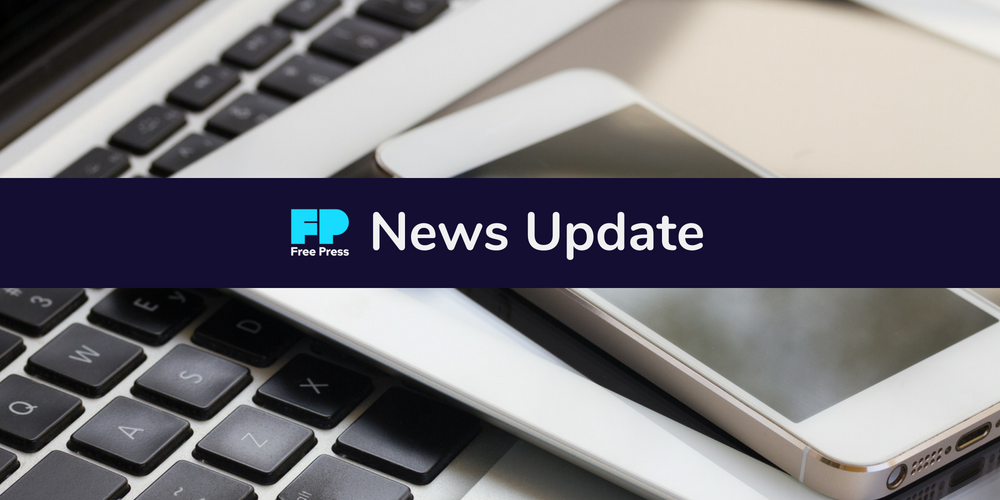Senate Broadband Bill Would Make Connections More Affordable as the Nation Struggles to Recover from COVID-19

WASHINGTON — On Monday, Sen. Ron Wyden (D–Oregon) introduced the Emergency Broadband Connections Act of 2020, along with 25 co-sponsors including Sens. Chuck Schumer (D–New York), Richard Blumenthal (D–Connecticut), Cory Booker (D–New Jersey), Dick Durbin (D–Illinois), Kamala Harris (D–California), Ed Markey (D–Massachusetts), Bernie Sanders (I–Vermont) and Elizabeth Warren (D–Massachusetts).
The Emergency Broadband Connections Act of 2020 is a Senate companion to similar legislation in the House of Representatives, sponsored by Rep. Marc Veasey (D–Texas), that the House passed in May as part of the comprehensive COVID-19 relief legislation in the HEROES Act.
Sen. Wyden’s bill creates an $8.8-billion fund to support affordable broadband connections for households already part of the FCC’s Lifeline phone-and-internet subsidy program, as well as those who have lost jobs or income due to the COVID-19 crisis. As part of the fund, which would be spent during the next two years, those eligible could receive up to $50 per month for internet access, and could choose to use that benefit on any service that their local broadband provider offers. The bill also increases voice and data allowances for the existing Lifeline program during the COVID-19 emergency period.
Free Press Action Vice President of Policy and General Counsel Matt Wood made the following statement:
“Free Press Action thanks Senator Wyden and his co-sponsors for their work to bring the Emergency Broadband Connections Act of 2020 to the Senate. As the crisis continues to escalate we must put broadband connectivity and communications justice at the center of Congress’s response to COVID-19.
“The pandemic is worsening across much of the United States. And the economic recovery spurred by legislation passed earlier this year hasn’t done enough to ensure an equitable recovery, or to get and keep people connected to the internet.
“The pandemic has wrought dramatic changes to the ways we lead our lives. We increasingly recognize just how necessary broadband communications are. They’re essential to staying connected to loved ones, jobs, schools, health care and other critical services. But of course that’s always been true. The last few months have only shone a light on existing racial and income divides, and heightened the barriers that so many Black and Brown people already face in finding affordable broadband options.
“The flexible financial support in the Emergency Broadband Connections Act of 2020 would increase the choices people have to get and stay online, providing a true lifeline during this time of social distancing and deepened economic hardship.
“The bill builds on the FCC’s successful Lifeline program, but adds congressional funding for a larger $50-per-month benefit available to an even larger group of eligible recipients. It would allow millions to stay connected without facing so many agonizing life-and-death choices about which critical goods and services they can afford to go without.”



